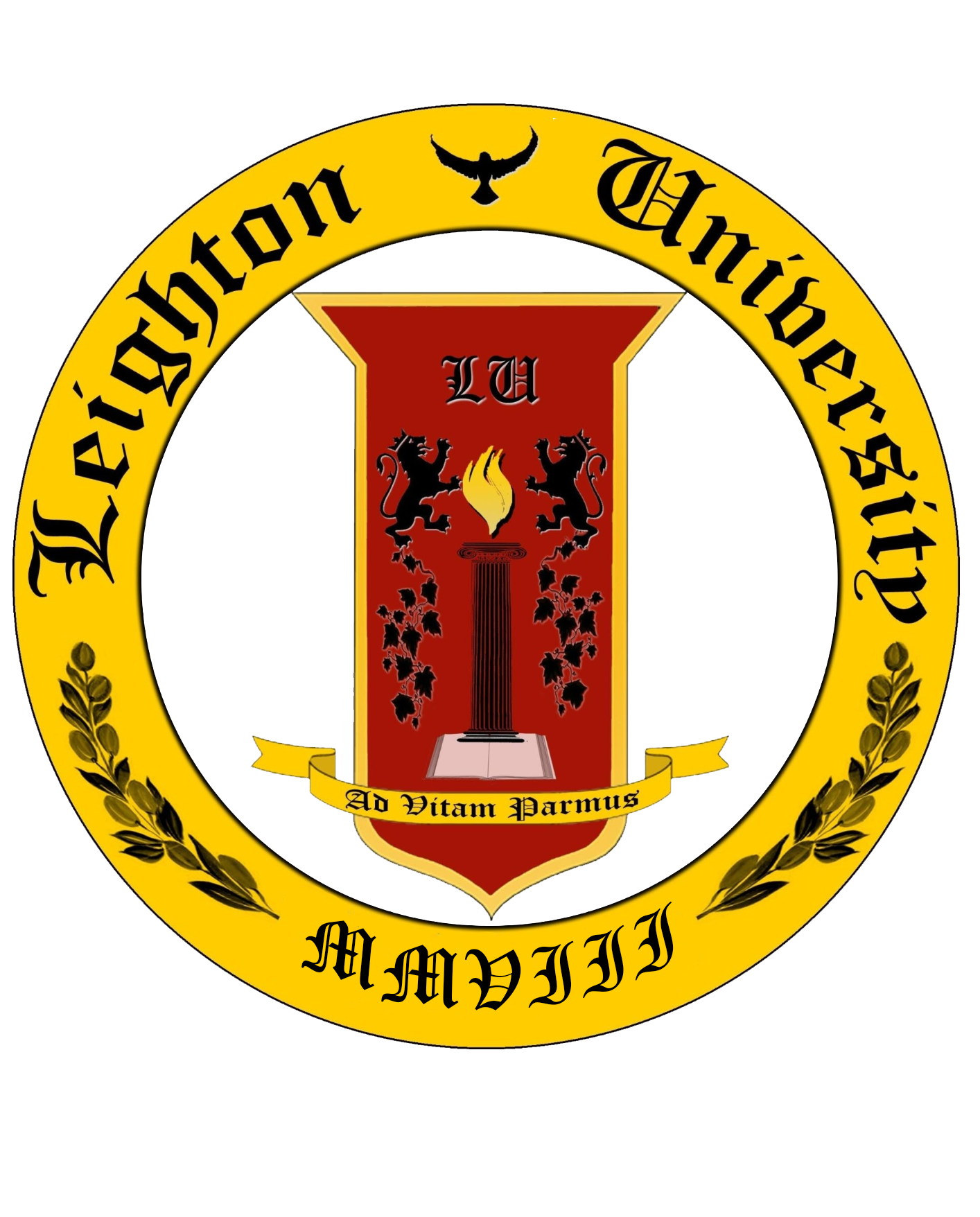Questions? 662-280-5444
Institutional Student Learning Competencies (ISLC).
Measuring Student Learning at Leighton begins with our Institutional Student Learning Competencies (ISLC). Courses in the CORE program contain the common knowledge and skills you need to be effective as a person, an employee, a consumer, and a citizen. Additionally, CORE courses introduce the great ideas and controversies in human thought and experience. These courses provide the breadth, perspective, and rigor that allow Leighton University graduates to claim to be “educated persons.” Most Americans change their careers three times during their lifetime. A solid general education provides a strong foundation for the life-long learning that makes career-change goals attainable.
To that end, Leighton University has expressed our shared, university-wide articulation of expectations for degree recipients. The shared expectation (ISLC) which consist of a set of seven dimensions attained by all its graduates from associate's degree and bachelor's programs are as follows:
Category 1: Purposeful Communications
A competent communicator can interact with others using all forms of communication, resulting in understanding and being understood.
Category 2: Quantitative Skills
A person who is competent in quantitative skills has the skills and knowledge in the use of logic, numbers, and mathematics to deal effectively with common problems and issues; use numerical, geometric, and measurement data and concepts, mathematical skills, and principles of mathematical reasoning to draw logical conclusions and to make well-reasoned decisions.
Category 3: Behavioral/Social Understanding
A Behaviorally and socially competent person possesses an awareness, understanding, and appreciation of the inter-connectedness of the social and cultural dimensions within and across local, regional, state, national, and global communities.
Category 4: Scientific Reasoning
A person who is competent in scientific reasoning adheres to a self-correcting system of inquiry (the scientific method) and relies on empirical evidence to describe, understand, predict, and control natural phenomena.
Category 5: Humanities and Fine Arts
A competent person in the Humanities and Fine Arts is aware and recognizes the fundamental human uniqueness as expressed in the cultural, artistic, and intellectual traditions of the world’s civilizations.
Category 6: Technology Fluency
Technologically literate person recognizes when information is needed and has the ability to locate, evaluate, and use it effectively.
